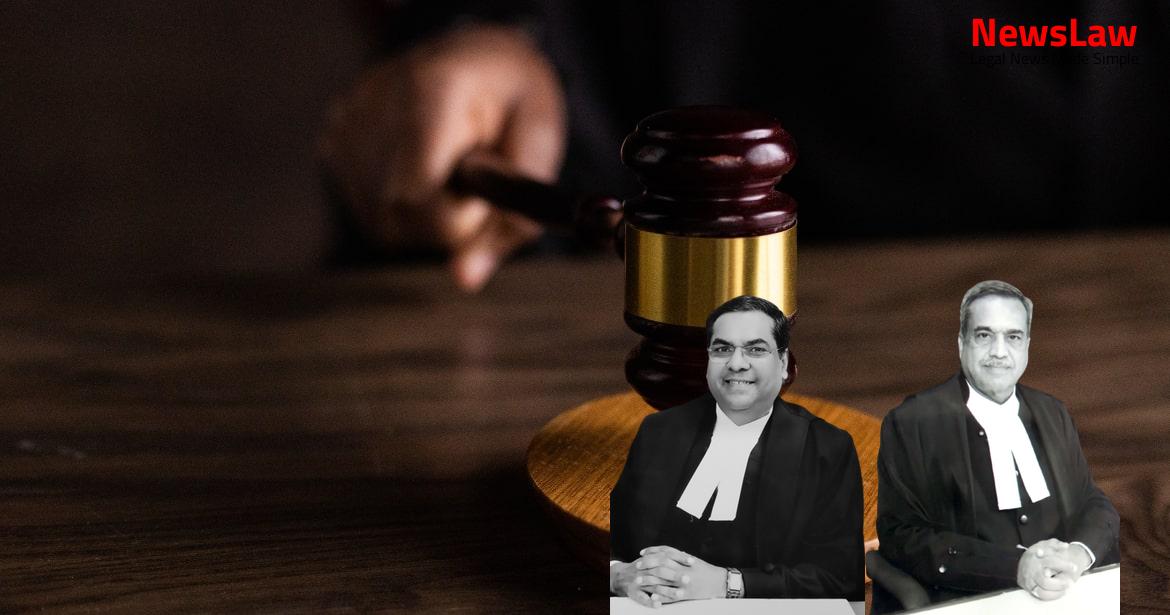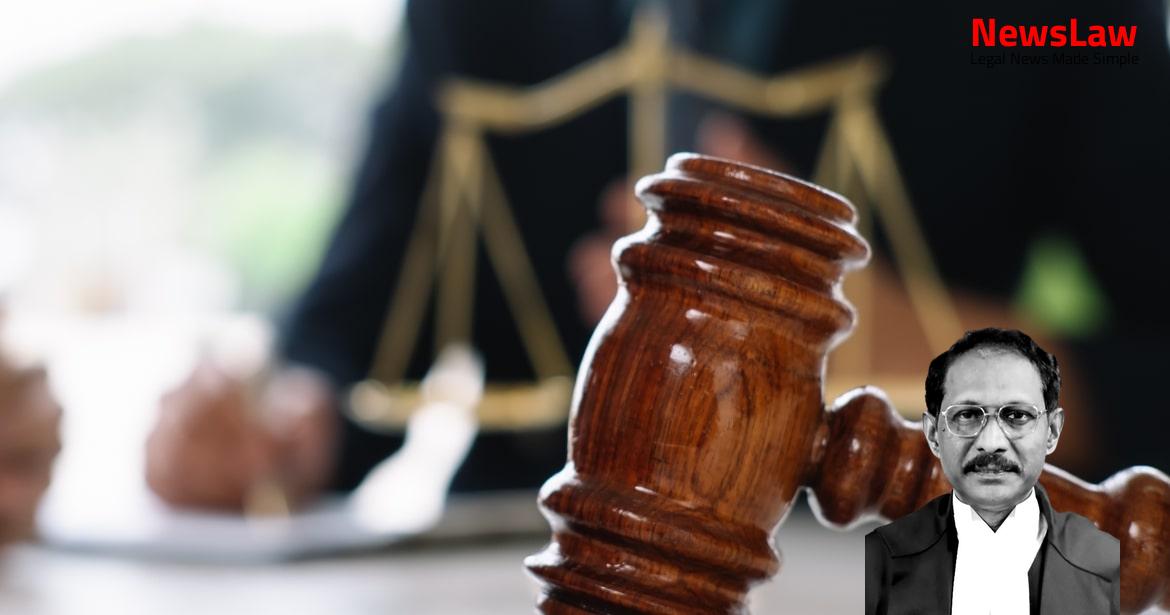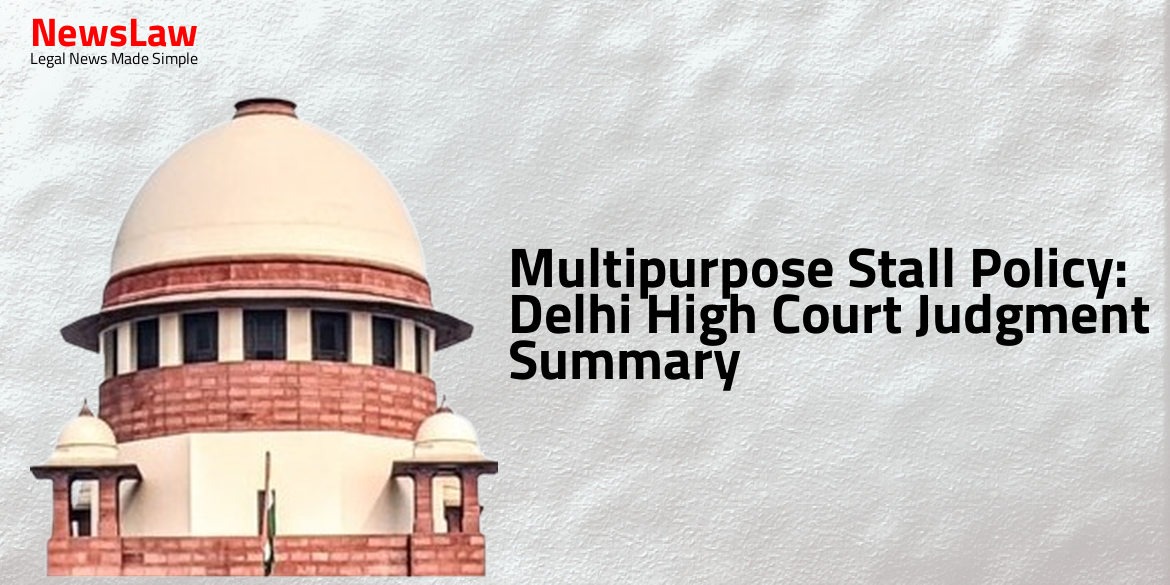Explore a recent court’s legal analysis on the revival of an application for condonation of delay, shedding light on the nuances of procedural laws and the implications of incorrect application of the Limitation Act. The court’s decision emphasizes the importance of procedural correctness in safeguarding the rights of litigants and ensuring access to legal remedies.
Facts
- Respondent appealed to the High Court after First Appellate Court dismissed the appeal on the ground of limitation.
- High Court allowed the second appeal, setting aside the First Appellate Court’s decision and the Trial Court’s ex parte judgment.
- High Court remanded the matter to the Trial Court for fresh decision.
- Original plaintiffs are now appealing against the High Court’s judgment.
- Delay of 2 years and 7 months in preferring the first appeal.
- Defendant filed I.A. No 1 of 2020 to condone the delay.
- Defendant had two remedies – setting aside the ex parte decree or preferring an appeal.
- Defendant chose to prefer an appeal against the judgment and decree of the Trial Court.
- Trial Court’s judgment and decree was ex parte.
- Defendant initially filed a suit for declaration and possession.
- Defendant withdrew the application for condonation of delay.
Also Read: Ruling on Circumstantial Evidence in Murder Case
Arguments
- The impugned judgment and order passed by the High Court quashing and setting aside the judgment and decree passed by the Trial Court and remanding the matter back to the Trial Court is unsustainable.
- Shri S.N. Bhat, learned Senior Advocate appearing for the respondent requested to permit the original defendant to revive the application for condonation of delay, which was mistakenly withdrawn due to wrong application of the provisions of the Limitation Act.
Also Read: Challenging Legal Presumptions in Negotiable Instrument Cases
Analysis
- The High Court proceeded with the appeal as if it was against an order under Order IX Rule 13 CPC, not the order and decree passed by the Trial Court.
- The appeal before the High Court was challenging the order passed by the First Appellate Court for dismissing the appeal as not maintainable due to limitation.
- If the High Court disagreed with the dismissal based on limitation, it could have set aside that order and remanded the matter to the First Appellate Court for a decision on the merits.
- The First Appellate Court did not make any decision on the merits before the appeal was dismissed.
- Shri Bhat, Senior Advocate, argued that if the original defendant is not allowed to revive the application for condonation of delay, he would be remediless.
- The High Court’s judgment and order are unsustainable.
Also Read: Legal Analysis Critique in High Court’s Quashing Order
Decision
- The appeal succeeds and there shall be no order as to costs.
- The Trial Court decreed the suit on 08.01.2018.
- If the application for condonation of delay is dismissed by the First Appellate Court, the defendant can challenge it in a higher court.
- The impugned judgment of the High Court dated 21.04.2021 in RSA No.200073 of 2021 is quashed and set aside.
- The matter is remanded to the First Appellate Court.
- The appeal R.A. No.22 of 2020 is restored to the file in the First Appellate Court.
- The respondent – original defendant – appellant is allowed to move an application for revival of I.A. No.1 of 2020, which was mistakenly withdrawn.
- The First Appellate Court is directed to revive I.A. No.1 of 2020, decide and dispose of the condonation of delay application first, and then proceed to decide the first appeal.
- The present appeal is allowed accordingly.
Case Title: MAMTAZ Vs. GULSUMA ALIAS KULUSUMA (2022 INSC 58)
Case Number: C.A. No.-000315-000315 / 2022



